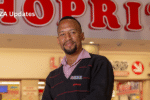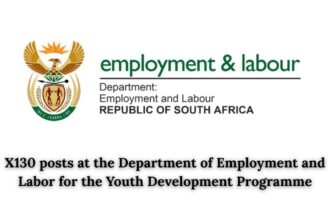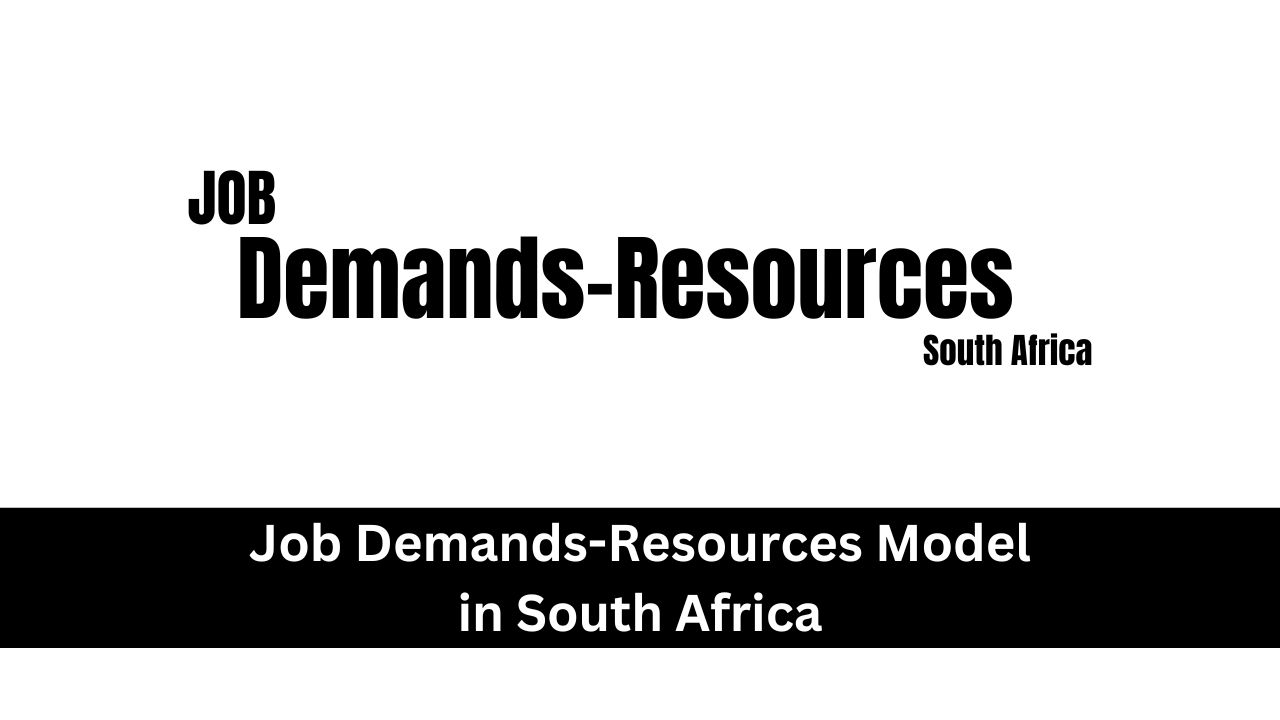In South Africa, B-BBEE Transformation is more than just a regulatory framework, it’s a call to reshape our business mindsets, challenge our leadership behaviours, and reimagine what inclusion truly means in the economic landscape. As uncomfortable as the process may be, it’s entirely normal to unlearn outdated practices, sit with discomfort, or even completely change direction. What matters most is a willingness to evolve.
Common Misunderstandings Around B-BBEE
Whenever Broad-Based Black Economic Empowerment (B-BBEE) is discussed, reactions often fall into two categories: there are those who reduce it to a bureaucratic tick-box exercise, and then those who feel it’s not delivering results quickly enough. But the truth lies in between, it’s a journey that is neither simple nor swift, and its complexity reflects the deep-rooted inequalities it aims to dismantle.
Understanding the Emotional Impact of Transformation
Our personal experiences heavily influence how we perceive B-BBEE Transformation. A business owner who built a company from the ground up may see transformation as a threat. A previously excluded entrepreneur may feel the process is too slow. A compliance officer may feel the regulations are ever-shifting. None of these viewpoints are wrong, but each can create blind spots.
To understand B-BBEE in its entirety, we must move beyond our own realities and start seeing the wider picture. One company’s frustration over Skills Development requirements might simultaneously be another individual’s gateway to their very first job opportunity.
Quick Fixes Are Not Real Solutions
In the pursuit of better B-BBEE Scorecards, many organisations opt for surface-level fixes—hiring a single Black employee, choosing a token Black-Owned supplier, or offering a once-off donation. These might make the numbers look good in the short term, but they do not address systemic inequality.
Here’s an example of surface-level versus meaningful transformation:
| Quick Fix Approach | Transformative Approach |
|---|---|
| One-off donation to a black-owned NGO | Long-term investment in community development projects |
| Hiring one Black employee for compliance | Developing mentorship programmes for young black talent |
| Partnering with a Black supplier once a year | Building lasting partnerships with Black-Owned businesses |
| Hosting a single diversity training workshop | Creating a year-round diversity and inclusion strategy |
Transformation is not about ticking boxes, it’s about shifting culture and creating real economic inclusion.
Transformation is a Continuous Process
True B-BBEE Transformation does not yield overnight victories. It often begins quietly—a reconsideration of who you hire, how you procure services, or where you invest your corporate social responsibility funds. Sometimes it’s a long-term mentorship that shifts someone’s entire future. These small steps matter, even when there’s no public applause.
We need to embrace the fact that real transformation is a long-term commitment, and that frustration is a natural part of the process when visible results take time to emerge. But progress isn’t always immediate, and that doesn’t mean it’s not happening.
Facing Discomfort: Why It’s Okay to Unlearn
Changing how we operate, how we think, and how we lead can be deeply uncomfortable. And that’s okay. B-BBEE compliance isn’t about perfection—it’s about effort, growth, and honesty.
Sometimes we must unlearn long-standing business habits that no longer serve a diverse society. Sometimes we must sit with the discomfort of knowing that the way things were done in the past created exclusion. And sometimes, the most courageous step is to change direction altogether.
The Pitfalls of Performing Progress
A critical error in transformation efforts is confusing performance with purpose. Many businesses act just to “appear compliant”—offering short-term training, creating once-off supplier deals, or worse, engaging in Fronting Practices. While these may reflect action, they fail to reflect impact.
Here’s what real progress vs performative progress looks like:
| Performative Progress | Real Progress |
|---|---|
| Fast-tracked B-BBEE certificates through loopholes | Investing in sustainable ownership transformation |
| Publicised events with minimal actual impact | Long-term empowerment of Black entrepreneurs |
| Outsourcing transformation to third parties | Integrating transformation into core business strategy |
Businesses must remember: being busy doesn’t mean being effective.
B-BBEE as an Opportunity, Not a Threat
Rather than viewing B-BBEE Transformation as a burden, businesses should embrace it as a powerful tool for innovation, growth, and sustainability. When done authentically, transformation enhances not just economic inclusion, but also business resilience, community trust, and talent retention.
It allows businesses to build deeper connections with diverse customer bases, benefit from diverse thinking in leadership, and contribute meaningfully to the South African economy.
Conclusion
Every organisation, leader, and employee has a role in shaping the future of B-BBEE Transformation. Progress might be slow, and the process may be messy, but transformation is not meant to be easy, it is meant to be impactful.










